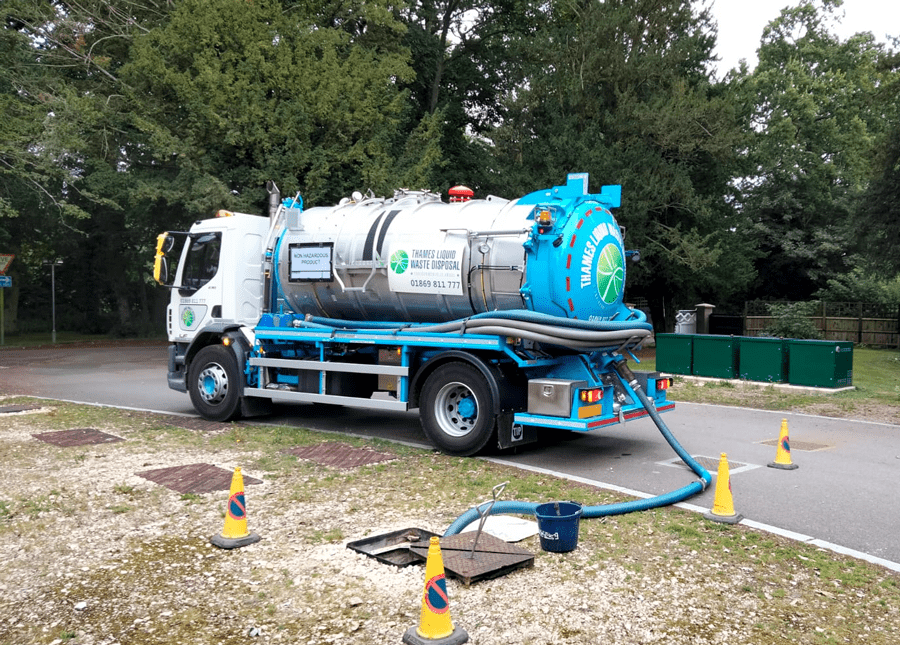The Of Reclaim Waste
Table of ContentsWhat Does Reclaim Waste Do?Indicators on Reclaim Waste You Should KnowThe Best Strategy To Use For Reclaim WasteGet This Report about Reclaim WasteSee This Report on Reclaim Waste
Through appropriate fluid waste monitoring, companies can reduce energy-intensive treatment procedures and disposal expenses. By complying with a system for managing liquid waste, companies can prevent expensive penalties and penalties and avoid adverse promotion.(https://justpaste.it/fauht)Accumulate representative samples from numerous points within the waste stream to make sure precision. Conduct routine testing to track any modifications in the structure. Maintain thorough records of characterization for future reference and compliance objectives. Liquid waste, especially hazardous ones, poses substantial threats during this step. Correct treatments reduce spills, leakages, and other accidents that can hurt the workers and the general public.

is required when the effluent will be reused or discharged into local swimming pools. Disinfection (e.g., chlorination, ultraviolet light, ozonation) and nutrient removal (e.g., denitrification and phosphorus removal) are suggested under strict guidelines. This phase at the same time is strictly regulated because it is when most risks occur. Numerous firms went against numerous liquid waste disposal regulations in recent times.
All About Reclaim Waste

Shallow basins include liquid waste that is permitted to vaporize with natural procedures. This kind of disposal is subject to stringent environmental policies due to possibly harmful discharges.
The searchings for ought to be documented, analyzed, and saved not just for entry to regulatory authorities yet likewise for making renovations in the future. Share information with pertinent stakeholders (e.g., workers, governing government firms, and nearby communities) to preserve openness and liability.
No matter of the firm size or sector, there are various obstacles associated with this task. Recognizing these can help them successfully handle their procedures and minimize their environmental effect. makes it tough to deal with and take care of liquid waste safely. Business that can't purchase centers need to think about teaming up with the general public industry for much better options.
The 5-Second Trick For Reclaim Waste
By applying thorough administration systems that include therapy and reusing techniques, normal tracking, risk analyses, and adherence to regional and government guidelines, industrial centers can add to the protection of groundwater supplies, ensuring their accessibility for future generations (liquid waste disposal). Allow's delve right into the relevance of efficient fluid waste management in the industrial sector, concentrating on its implications for guarding groundwater resources
The contamination of groundwater resources because of improper liquid waste monitoring in the industrial field has significant effects for human health, agriculture, and the setting overall. Several of the potential impacts brought on by such pollution include: Infected Alcohol consumption Water Supplies: As groundwater supplies a substantial section of our drinking water, air pollution from commercial tasks can result in harmful chemicals and bacteria entering our water systems, posturing wellness risks for people.
Minimized Agricultural Performance: Farming relies heavily on groundwater for irrigation; for that reason, polluted water can impede plant returns, pollute farming items, and impact food safety and security. Provided the value of maintaining groundwater sources, it is vital for businesses to take a proactive stance in managing their fluid waste sensibly and preventing pollution.
What Does Reclaim Waste Mean?
Liquid waste can infect land and pollute waters. Under the Defense of the Atmosphere Procedures Act 1997, companies that create liquid waste are needed to handle it in a manner that safeguards the setting and the area. Information regarding managing and saving fluid waste, replying to spills and decreasing fluid waste is readily available in the adhering to fact sheets and assistance:.
The duty of waste monitoring experts in securing this valuable resource can not be overstated. Polluted water and infected effluent monitoring: Ensuring that dangerous fluids are securely eliminated and treated before they can harm our water sources.
Therefore, integrating sustainable fluid waste administration right into economic preparation enhances economic security and safeguards the atmosphere, demonstrating the worth of this strategy. In final thought, adopting specialist liquid waste administration techniques is critical for making certain a sustainable future, safeguarding our atmosphere and safeguarding the well-being of future generations.
When it pertains to taking care of waste, sticking to proper treatments is crucial for a plethora of go to these guys factors. Correct waste disposal is not nearly tidiness; it's concerning ensuring the wellness of our environment, health and wellness, and the effective usage of resources. Comprehending the significance of effective waste administration can aid all of us add to a healthier, cleaner planet.
Reclaim Waste Things To Know Before You Get This
Effective waste management aids maintain clean streets and public spaces, reducing the aesthetic influence of clutter and making certain that waste does not damage wild animals. When waste is not disposed of properly, it can lead to pollution, where harmful substances can seep into the dirt, water supply, and the air, producing long-term ecological issues.